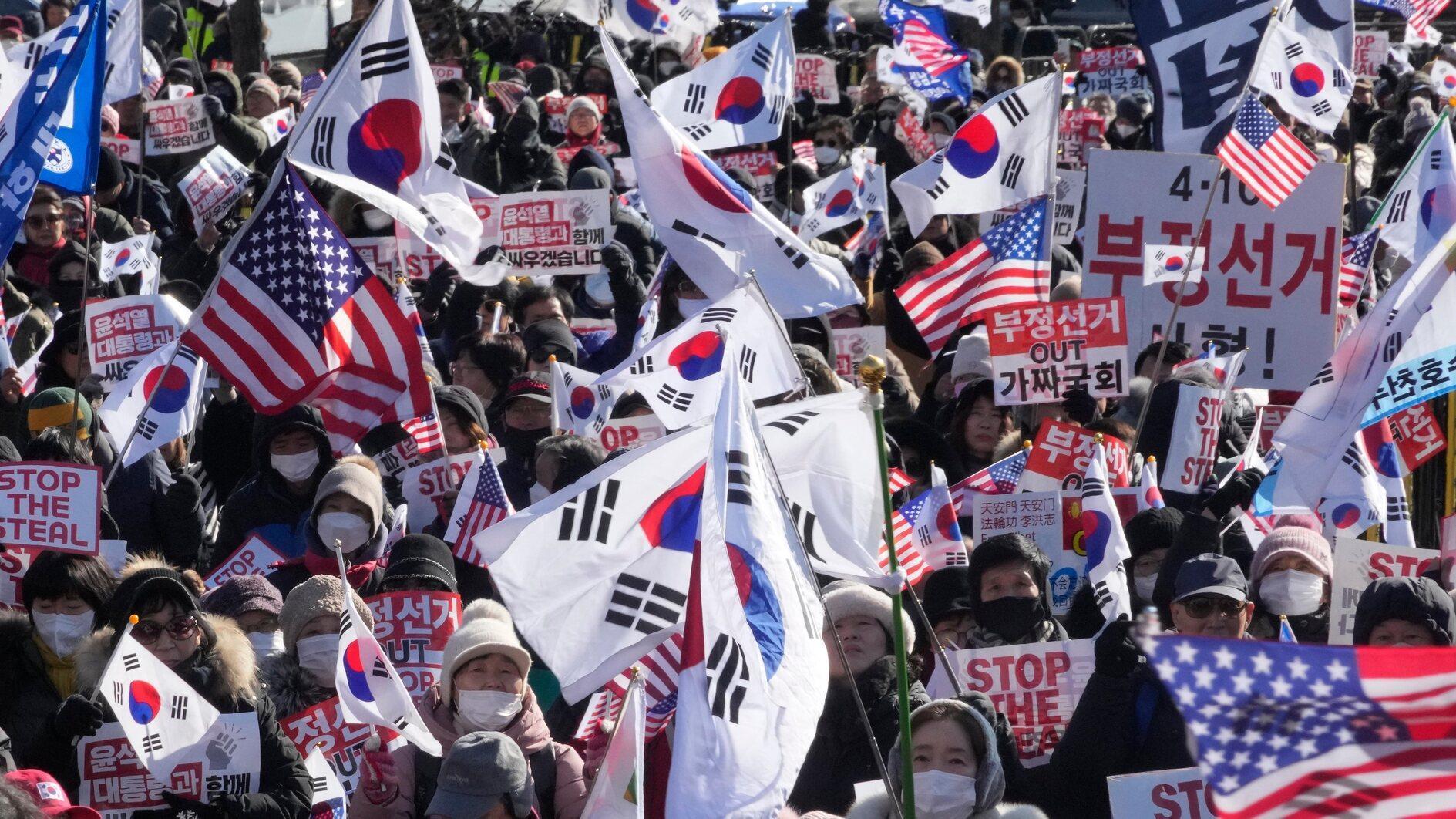Back to security politics in the Kurdish issue
The Turkish government’s latest move to relocate the administrative centers of two border provinces could be seen as a fresh indication that it plans to push ahead with security-focused policies to deal with the chronic Kurdish problem.
Those policies come in reaction to the resumption of the armed campaign and acts of terror by the outlawed Kurdistan Workers’ Party (PKK) last summer, ending a three-year dialogue process with the ruling Justice and Development Party (AK Parti) during which clashes were at a minimum and hopes were high for a political and peaceful solution to the issue.
The provinces affected by the relocation are Şırnak and Hakkari. Hakkari is Turkey’s southeasternmost province, bordering both Iraq and Iran. Şırnak is Hakkari’s western neighbor and borders Iraq and Syria. The two provinces have long been the site of high PKK activity amid border crossings from their bases in Iraq, Iran and Syria, ever since the start of hostilities in 1984. Over 40,000 people have been killed in the conflict since then.
Şırnak was actually formed as a separate province in 1990 by taking neighboring towns from the surrounding provinces of Mardin, Siirt and Hakkari. Ankara made that move due to security reasons, in order to secure better coordination in the campaign against the PKK. At the time, the announcement of Şırnak as a new province was widely considered to be an escalation of Turkey’s military measures against the PKK.
Prime Minister Ahmet Davutoğlu recently said his government is considering making the restive town of Cizre the new provincial capital of Şırnak, while making Yüksekova the new provincial capital of Hakkari. Currently, Cizre is one of the main centers of clashes between security forces and PKK militants, who have imposed (with arms) “self-rule” in three neighborhoods of the town. In response, the government has sent additional forces to the area and imposed military curfews, with news of killings reported almost every day. The situation in Yüksekova is not as terrible as Cizre, but the tension is high and the situation is flammable.
Davutoğlu said the possible move could be necessary in order to help the new center towns be more accessible by transport, while moving administrative services and facilities to Cizre and Yüksekova would also help them grow. It is also true that moving provincial governors’ offices and local military headquarters could improve quick response purposes in the event of surprise PKK activity, with better access to local airports.
Considered alongside the recent words of Deputy Prime Minister Numan Kurtulmuş, who said the “language of law and peace” would prevail once the fight against terrorism was over, the relocation of Hakkari and Şırnak’s administrative centers could be understood as giving further weight to security-focused policies.
Kurtulmuş said Ankara has been preparing a “reform and reconstruction” program for Turkey’s predominantly Kurdish-populated east and southeast, including a new dialogue process, but he added the bottom line is that this can only happen once the PKK problem is brought under control.











